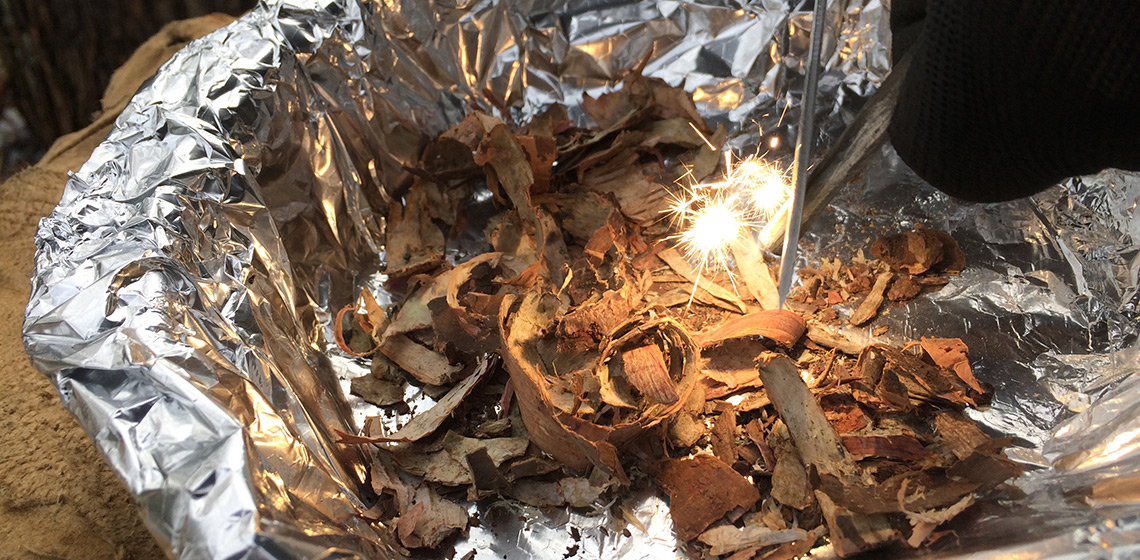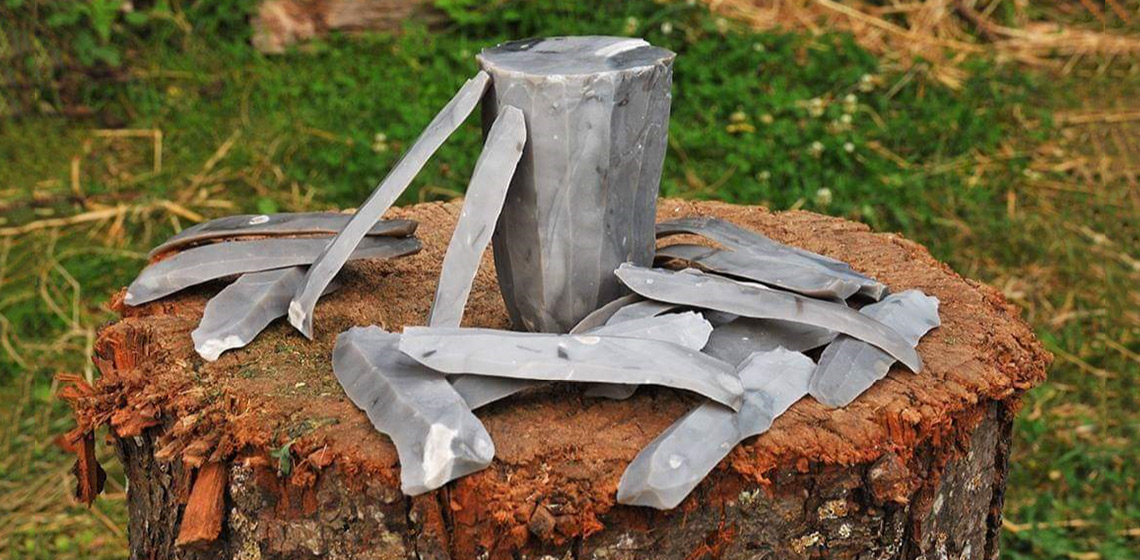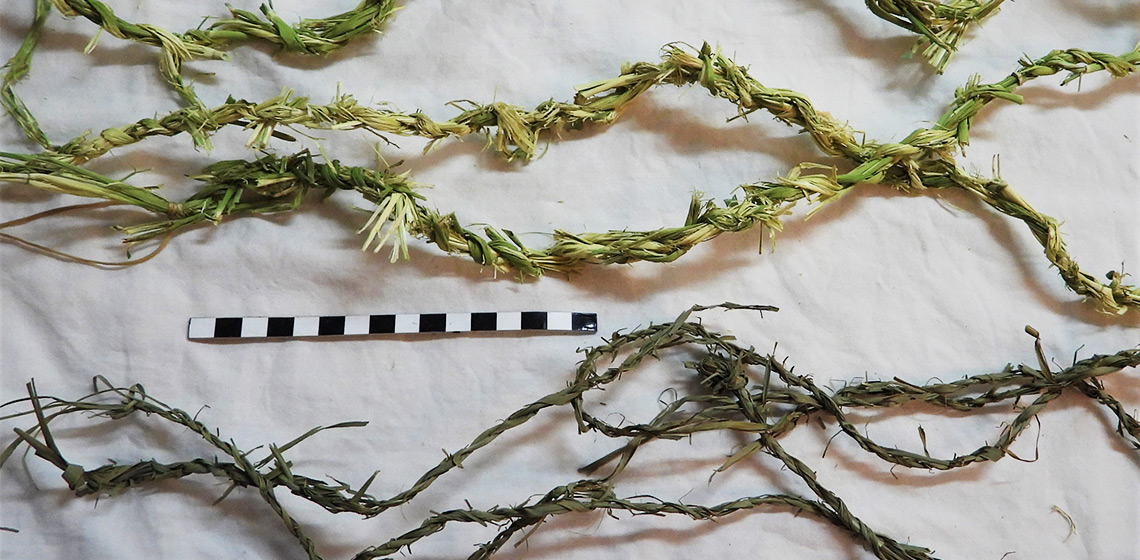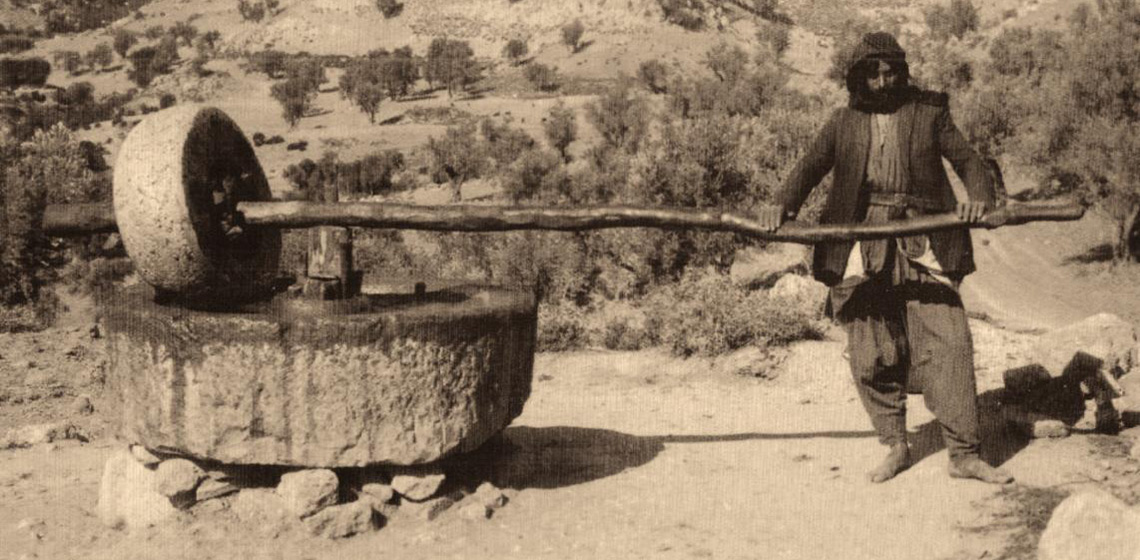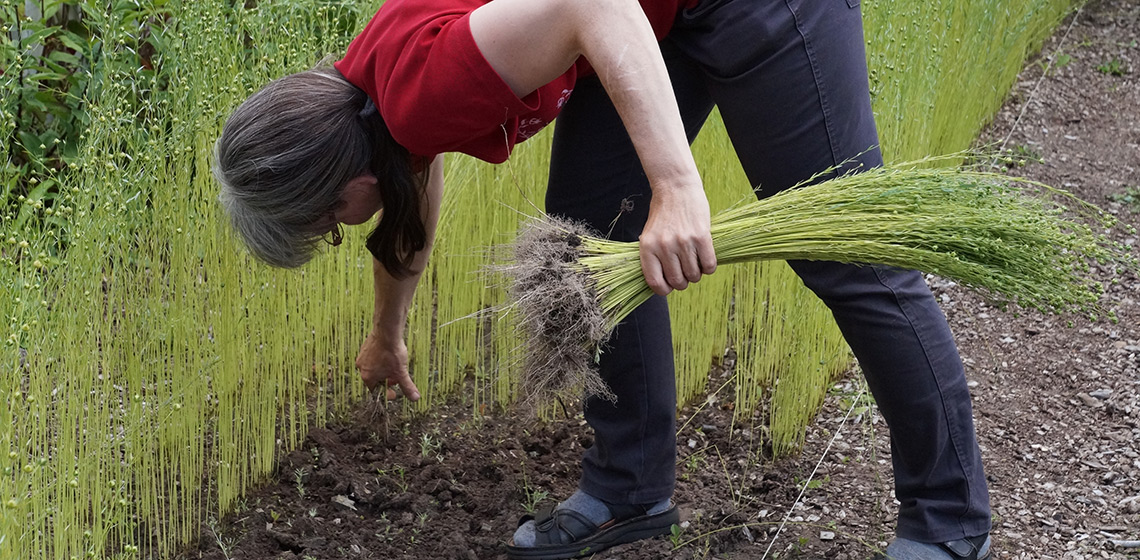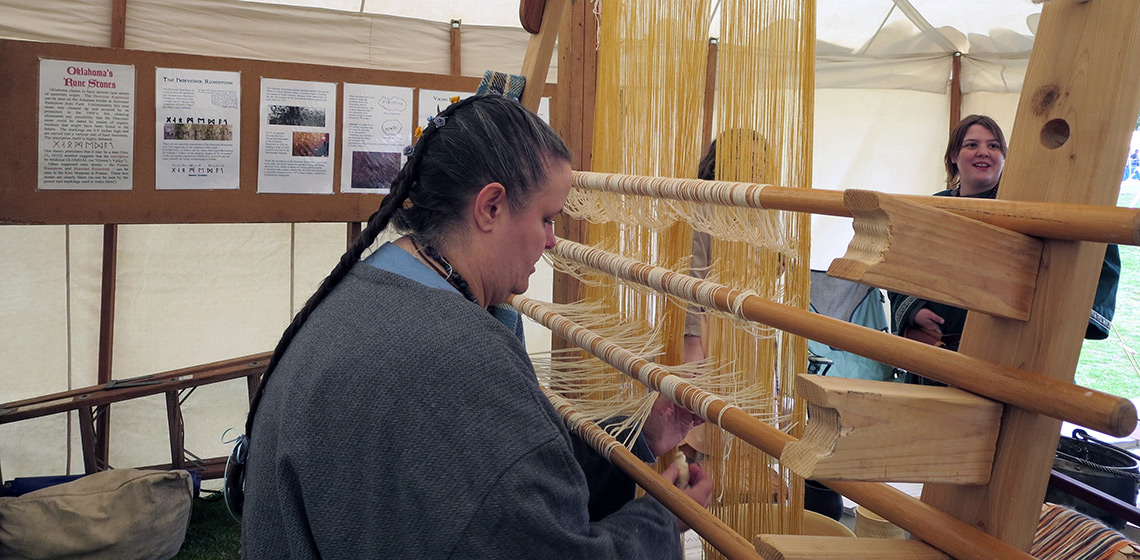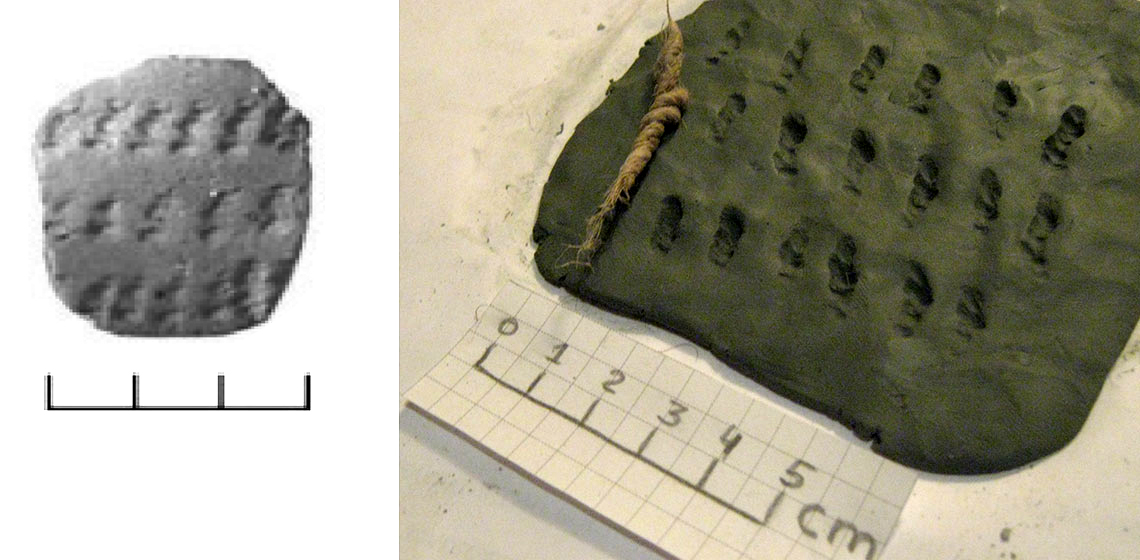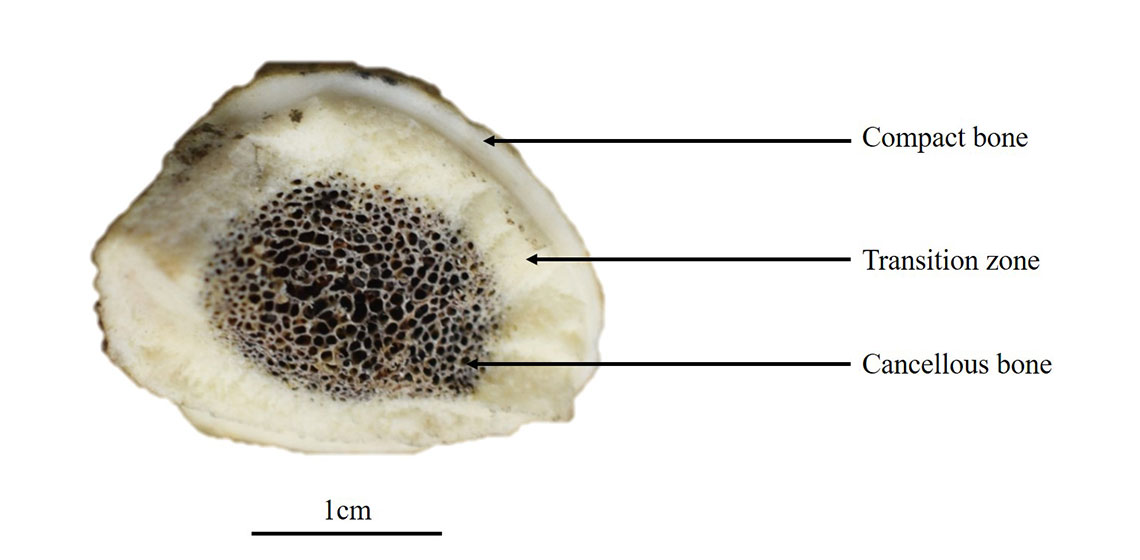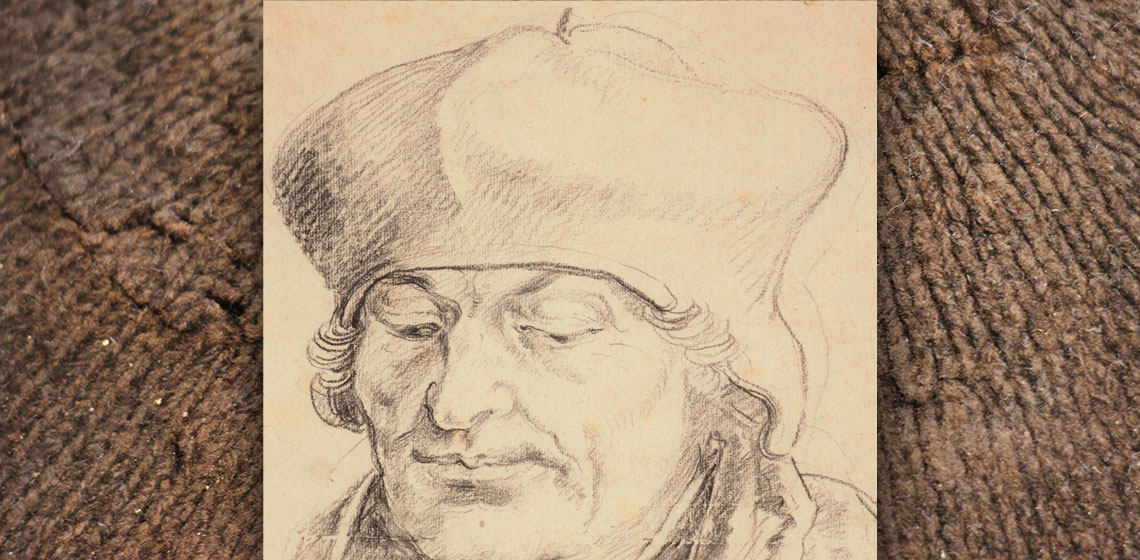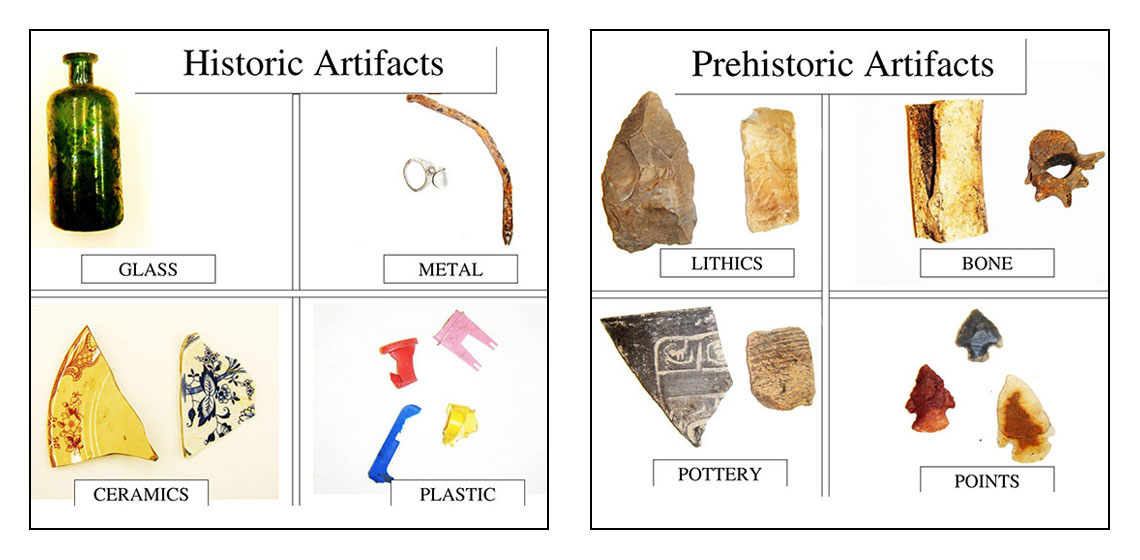methods & techniques
A Spark of Inspiration: Experimentally Testing Manganese Dioxide as a Fire Lighting Aide
Publication Date
Evidence for the production, use, and control of fire by Neanderthals in Europe ranges from the scale of ecosystems to microscopic alterations of artefacts. While there is a consensus that Neanderthals were skilled in the use of fire, there remains a dispute over whether they had mastered the ability to produce fire on demand. The unique discovery that Neanderthals may have been utilising manganese dioxide as...
Let the Chips Fall Where They May: Evaluating the Impact and Effectiveness of Video Resources for Knowledge Transfer in Flint Knapping
Publication Date
Knowledge and know-how: The ‘how’ of knowledge transferal continues to be a question in prehistoric archaeology, especially in relation to early hominid development. Has the transferal process been greatly affected by our so-called modern world and its technological advantages? Have the current modes of communication enhanced and eased the transfer of knowledge? As visualization is a key element...
Groundstone Indications from the Southern Levant for a 7th Millennium BCE Upright Mat Loom
Publication Date
The southern Levant features a long-established matting tradition: soumak (weft wrapping) and also weft twined matting from the 10th millennium BC, and coiled matting from the 8th millennium BCE. The Chalcolithic period, 5th millennium BCE, attests to the introduction of plain plait, twill, sewn through techniques and also the use of the horizontal ground mat loom...
The Vertical Olive Crushing Mill as a Machine and its Energy Balance - A Preliminary Approach
Publication Date
The vertical crushing mill turns the olives into pulp by combining the rotational and rolling motion of a heavy upright stone wheel that moves with continuous contact along a circular horizontal trajectory on a stationary base which forms the system's frame of reference. It was devised during the Hellenistic period and served as one of the most important and impressive means of production in the pre-industrial olive mills of Crete and the Mediterranean in general, until more advanced mill types gradually started replacing it from the mid-19th century onwards.
Flax Fibre Extraction Techniques in the Late Middle Ages
Publication Date
On its surface, linen production research is simple as there is a large corpus of books available; however, the majority of these date to the last three centuries. Older texts, while available, tend to concentrate on the textiles themselves and their trade. As a result, I had to collect the information on medieval tools and manufacturing process myself. I have grown and processed flax ...
Working with Artisans; The ‘It Depends’ Dilemma
Publication Date
We live in a world where scientific method is both the expected and accepted path to knowledge. With any scientific method, experiments based on detailed, well-documented, well-considered theories, and precise set-ups must be replicated exactly by others who come to the same conclusion to consider the information gleaned from them to be valid. This has become the accepted practice for most...
A Preliminary Attempt to Reconstruct some Tools and Techniques of Ornamentation of the Comb-Pit Ware from the Site of Hepojarvi (Karelian Isthmus, Leningrad Oblast, Russia)
Publication Date
The site of Hepojarvi is located on the northern coast of Hepojarvi lake, near Saint Petersburg, Russia. The site is a multi-layer settlement with different types of Neolithic pottery (from Sperrings to late Comb-Pit Ware); the settlement functioned in 5314 cal BC – 2342 cal BC. It was excavated in 1978 by I. V. Vereschagina.
Have you got the tine? Prehistoric Methods in Antler Working
Publication Date
Antler working was prevalent throughout prehistory, with a breadth of intricately detailed and technologically complex antler artefacts observed within the archaeological record. In particular, during the Palaeolithic, Mesolithic, and Neolithic, antler working with flint tools would have been a time-consuming process. While the chaîne opératoire of producing certain antler artefacts has previously been explored...
Some Uses of Experiment for Understanding Early Knitting and Erasmus' Bonnet
Publication Date
10th EAC Leiden 2017
***Of Erasmus, prince of humanists (1466?-1536), no less than eight portraits from life survive – all eight in the exact same bonnet. A recently published investigation of this iconic garment (Kruseman, Sturtewagen and Malcolm-Davies, 2016) involved establishing a 250-year typology of the bonnet from iconographical sources, compiling technological and economic data from archival sources, and systematic experiments addressing numerous, various and fundamental questions, from yarn characteristics in archaeological knitted textiles to the use (or not) of hatter's forms in the finishing of bonnets.
***Of Erasmus, prince of humanists (1466?-1536), no less than eight portraits from life survive – all eight in the exact same bonnet. A recently published investigation of this iconic garment (Kruseman, Sturtewagen and Malcolm-Davies, 2016) involved establishing a 250-year typology of the bonnet from iconographical sources, compiling technological and economic data from archival sources, and systematic experiments addressing numerous, various and fundamental questions, from yarn characteristics in archaeological knitted textiles to the use (or not) of hatter's forms in the finishing of bonnets.
Public Access to (Pre-)History Through Archaeology
Publication Date
Public history, like experimental archaeology, is relatively new as an accepted academic program; the two fields are intrinsically linked and should, ideally, use interdisciplinary collaboration to better educate and involve the public in their work. This paper presents case studies in education and interpretation by the author, as well as exemplary programs from various sites in the United States and Europe...

